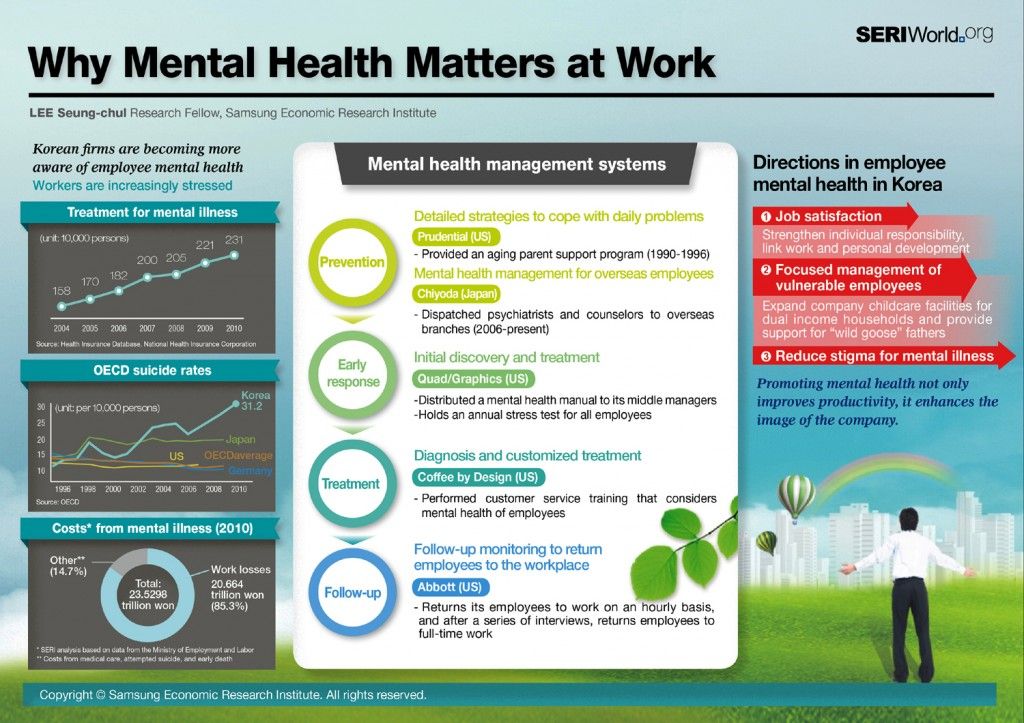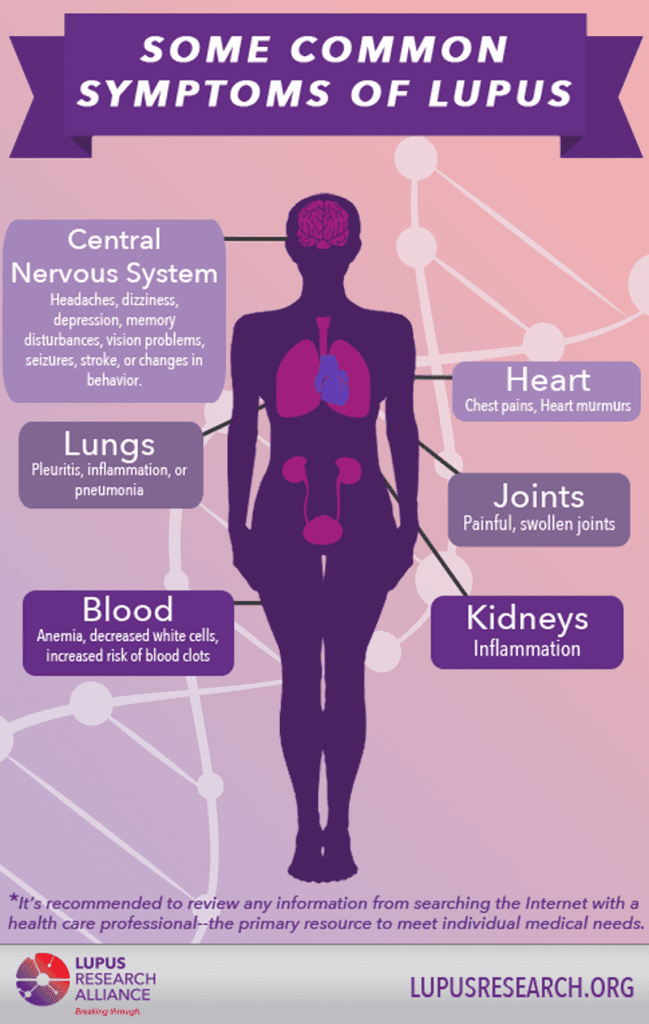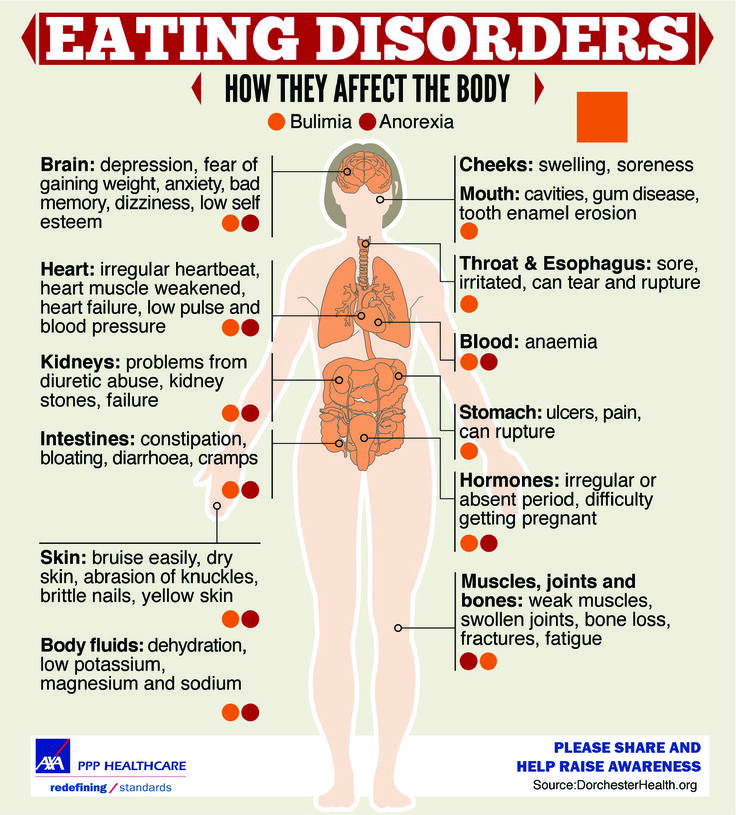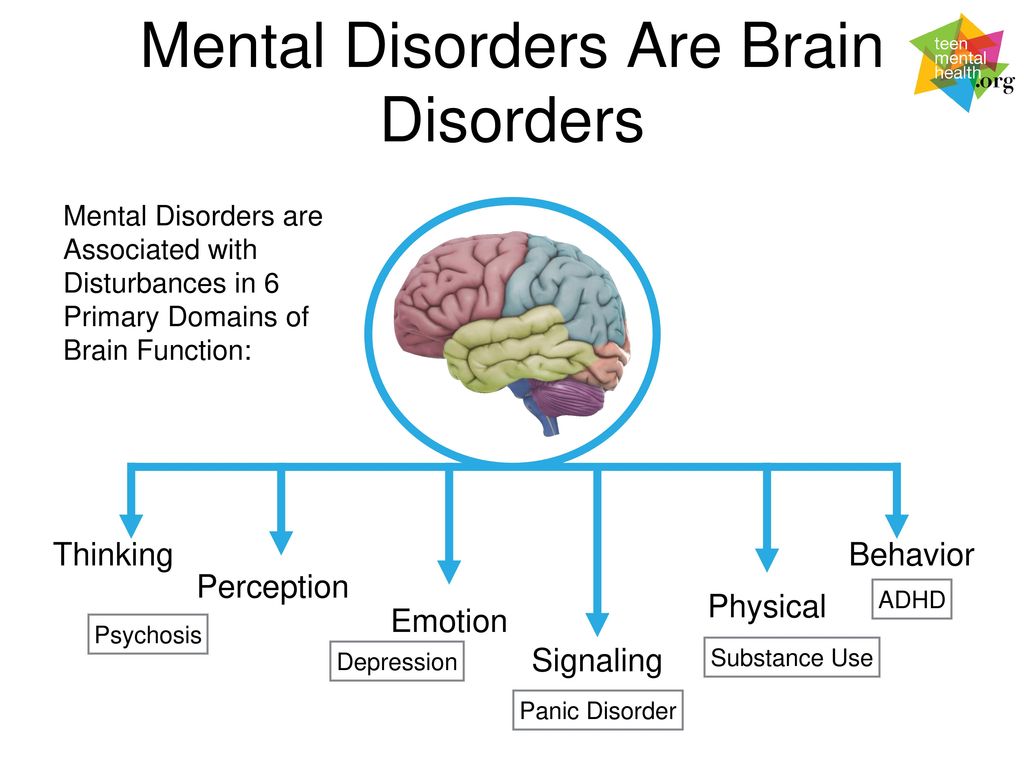Infidelity and mental health
Long-Term Psychological Effects of Infidelity: What the Research Says
Infidelity can cause problems in any relationship. The affects of such a betrayal can be long-term and devastating.
Infidelity can have long-term effects on the quality of your relationship.
Infidelity can involve sexual or emotional affairs with someone outside the relationship agreement you have with your partner. You may have cheated on your partner and find yourself surprised by the consequences of that decision, or you may have been cheated on and have difficulty moving past it.
You might wonder if you can move forward after an affair or how that might affect you, your relationship, and your mental health.
Pain with infidelity is usually inevitable and can have emotionally devastating consequences. If you feel like you’re grieving, you might very well be, and that’s OK. There are different forms to human loss and no one has a right to dismiss your grief.
But take heart, you can heal. If you two so choose, you can work through the affair. But there must be a willingness by both parties to do the work necessary to recover.
For the one who cheated, you might feel like you’re on your way to healing but keep in mind, your partner can grieve and be triggered for longer than you might be comfortable with. It’s helpful to sit with their pain, communicate openly, and check in now and then on their emotional well-being.
What happens mentally, after an affair
Dr. Dennis Ortman describes those who’ve discovered a partner’s affair as traumatized. Ortman names this trauma response Post-Infidelity Stress Disorder (PISD), in his 2009 book.
You might experience symptoms consistent with post-traumatic stress. Instead of a shock to your system, as with post-traumatic stress disorder (PTSD), discovering cheating can be a mental shock to the system you’ve built as a couple.
Ortman adds that phases of recovery from infidelity are not unlike the 5 stages of grief.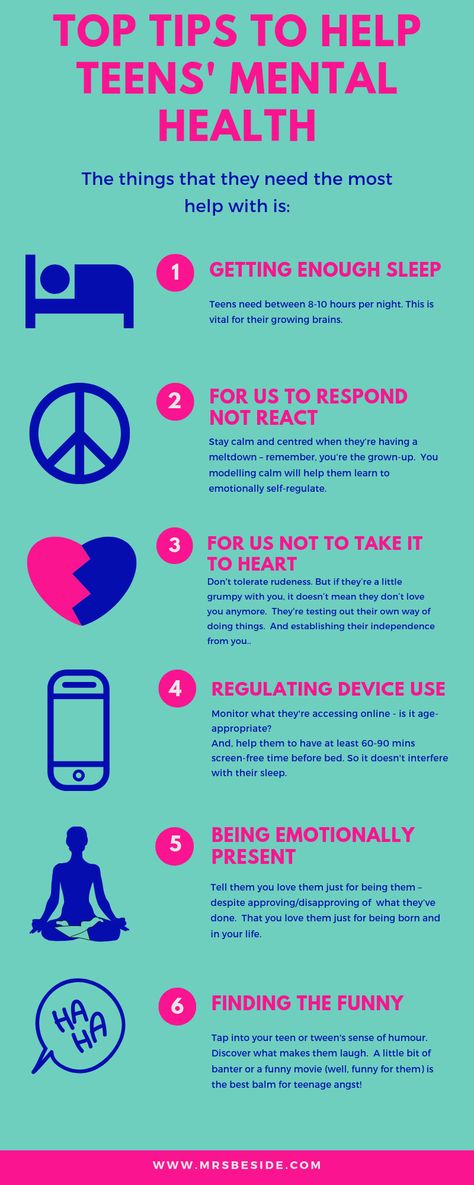
Research shows that infidelity can also cause increased anxiety and depression, in addition to stress.
If you’ve been cheated on, it may take a long time to heal. It can cause you chronic anxiety, post-traumatic stress, depression, and mistrust of others for a long time after the event.
How does being cheated on effect the brain?
Love, insofar as being a factory for releasing dopamine and triggering feelings of euphoria, can feel addictive to your brain. So the rejection caused by infidelity can cause several changes in the brain pathways similar to withdrawal in substance use disorder. Rejection can cause short- and long-term consequences to your brain chemistry.
Being in love produces more oxytocin and dopamine in our brains, and infidelity can disrupt the pathways that cause the release of these chemicals in our brain.
When your child finds out you cheated
If your child finds out you cheated, it can cause many ripple effects:
- Your child may side with and trust your partner more than you.
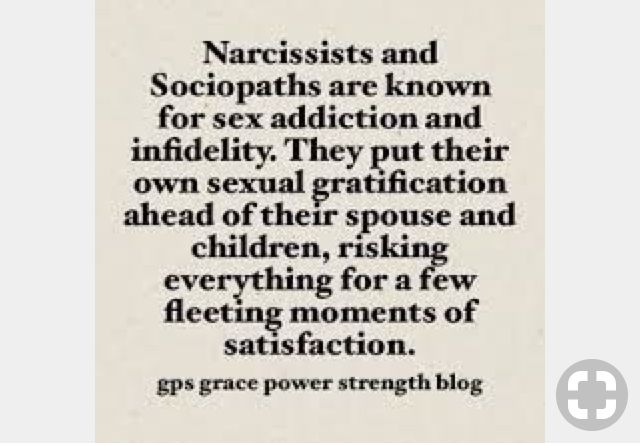
- They may experience feelings of confusion, anxiety, abandonment, and isolation not unlike the partner who was cheated on.
- One study also suggests that children with a parent who has had an affair may have trust issues with future romantic partners.
- Your child may form negative perceptions of fidelity.
- A 2017 study looked at how children imitate infidelity modeled to them in childhood in adult relationships.
Can infidelity cause mental illness?
Infidelity can cause symptoms similar to post-traumatic stress from the relationship breach that were not previously present before an affair. Some common symptoms may include flashbacks, nightmares, and obsessions about the event.
You may also experience hyperarousal and become reactive at any perceived threat to yourself or your relationship. As a result, you can have disruptive sleeping and eating patterns.
What does research say about how cheating affects a man?
No matter who you are, you can still be impacted by infidelity.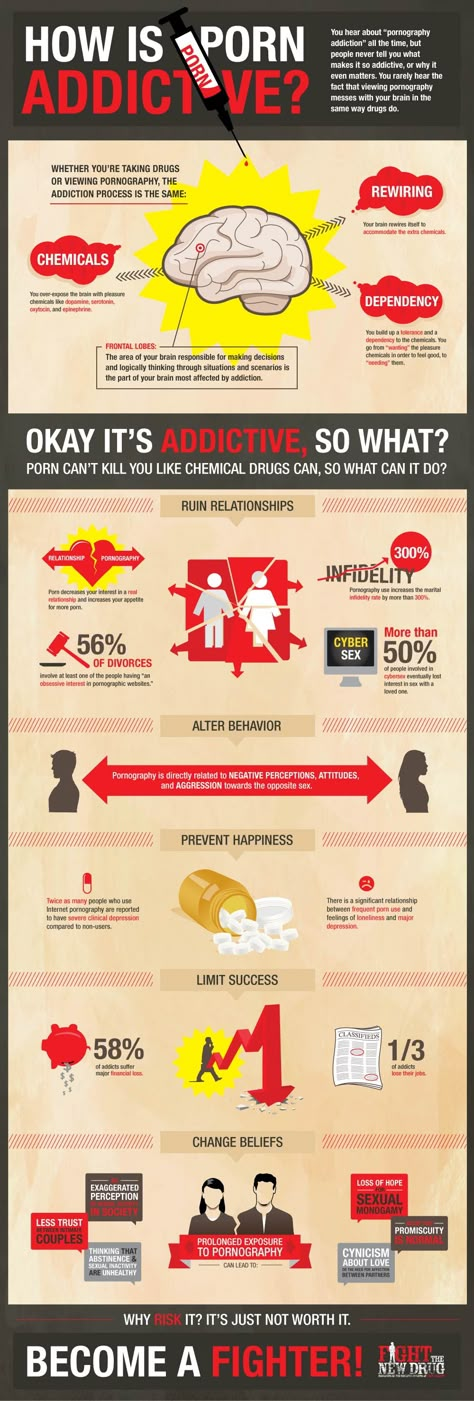
One study that looked at gender differences in response to infidelity found that women tend to be more distressed by emotional affairs, and men tend to become more distressed over physical affairs.
This difference in response to emotional versus sexual infidelity is reinforced by an extensive study on infidelity with approximately 64,000 participants, which had similar findings.
This study also examined the impact that cheating has on gay, lesbian, and bisexual people. There was no significant gender difference in degrees of upset over infidelity among LGB+ folks.
Infidelity can have lasting impacts on partners and children the couple may have. Grief, brain changes, behaviors down the road, and mental health conditions such as anxiety, chronic stress, and depression can result.
Some families have been able to move past infidelity with time and therapy. To move on, this takes active work on both partners to work on the root cause of the infidelity. Working through it is not suitable for every couple, but those willing can heal.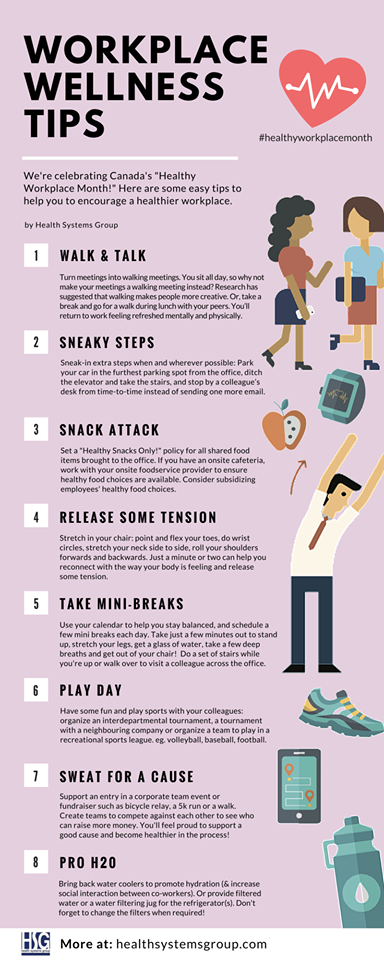
Long-Term Psychological Effects of Infidelity: What the Research Says
Infidelity can cause problems in any relationship. The affects of such a betrayal can be long-term and devastating.
Infidelity can have long-term effects on the quality of your relationship.
Infidelity can involve sexual or emotional affairs with someone outside the relationship agreement you have with your partner. You may have cheated on your partner and find yourself surprised by the consequences of that decision, or you may have been cheated on and have difficulty moving past it.
You might wonder if you can move forward after an affair or how that might affect you, your relationship, and your mental health.
Pain with infidelity is usually inevitable and can have emotionally devastating consequences. If you feel like you’re grieving, you might very well be, and that’s OK. There are different forms to human loss and no one has a right to dismiss your grief.
But take heart, you can heal.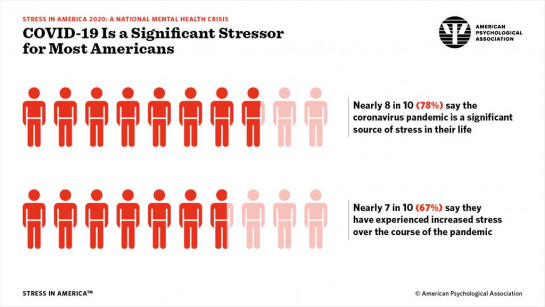 If you two so choose, you can work through the affair. But there must be a willingness by both parties to do the work necessary to recover.
If you two so choose, you can work through the affair. But there must be a willingness by both parties to do the work necessary to recover.
For the one who cheated, you might feel like you’re on your way to healing but keep in mind, your partner can grieve and be triggered for longer than you might be comfortable with. It’s helpful to sit with their pain, communicate openly, and check in now and then on their emotional well-being.
What happens mentally, after an affair
Dr. Dennis Ortman describes those who’ve discovered a partner’s affair as traumatized. Ortman names this trauma response Post-Infidelity Stress Disorder (PISD), in his 2009 book.
You might experience symptoms consistent with post-traumatic stress. Instead of a shock to your system, as with post-traumatic stress disorder (PTSD), discovering cheating can be a mental shock to the system you’ve built as a couple.
Ortman adds that phases of recovery from infidelity are not unlike the 5 stages of grief.
Research shows that infidelity can also cause increased anxiety and depression, in addition to stress.
If you’ve been cheated on, it may take a long time to heal. It can cause you chronic anxiety, post-traumatic stress, depression, and mistrust of others for a long time after the event.
How does being cheated on effect the brain?
Love, insofar as being a factory for releasing dopamine and triggering feelings of euphoria, can feel addictive to your brain. So the rejection caused by infidelity can cause several changes in the brain pathways similar to withdrawal in substance use disorder. Rejection can cause short- and long-term consequences to your brain chemistry.
Being in love produces more oxytocin and dopamine in our brains, and infidelity can disrupt the pathways that cause the release of these chemicals in our brain.
When your child finds out you cheated
If your child finds out you cheated, it can cause many ripple effects:
- Your child may side with and trust your partner more than you.

- They may experience feelings of confusion, anxiety, abandonment, and isolation not unlike the partner who was cheated on.
- One study also suggests that children with a parent who has had an affair may have trust issues with future romantic partners.
- Your child may form negative perceptions of fidelity.
- A 2017 study looked at how children imitate infidelity modeled to them in childhood in adult relationships.
Can infidelity cause mental illness?
Infidelity can cause symptoms similar to post-traumatic stress from the relationship breach that were not previously present before an affair. Some common symptoms may include flashbacks, nightmares, and obsessions about the event.
You may also experience hyperarousal and become reactive at any perceived threat to yourself or your relationship. As a result, you can have disruptive sleeping and eating patterns.
What does research say about how cheating affects a man?
No matter who you are, you can still be impacted by infidelity.
One study that looked at gender differences in response to infidelity found that women tend to be more distressed by emotional affairs, and men tend to become more distressed over physical affairs.
This difference in response to emotional versus sexual infidelity is reinforced by an extensive study on infidelity with approximately 64,000 participants, which had similar findings.
This study also examined the impact that cheating has on gay, lesbian, and bisexual people. There was no significant gender difference in degrees of upset over infidelity among LGB+ folks.
Infidelity can have lasting impacts on partners and children the couple may have. Grief, brain changes, behaviors down the road, and mental health conditions such as anxiety, chronic stress, and depression can result.
Some families have been able to move past infidelity with time and therapy. To move on, this takes active work on both partners to work on the root cause of the infidelity. Working through it is not suitable for every couple, but those willing can heal.
08/28/2022 Love, Relationships 0
Alternative lifestyles - swing, open relationships and polyamory - are becoming more and more acceptable. Yet most people in Western cultures tend to or are in monogamous relationships. However, the dominance of monogamy does not mean that attraction to other people, except for the current partner, ceases to exist. This is evidenced by the high frequency of sexual ...
Read more »
11/04/2021 Love, Relationships 0
A new study of seeking online relationship support found that men tend to be more painful when relationships deteriorate than women. The results are published in the Journal of Social and Personal Relationships. An international team of psychologists led by researchers from Lancaster University has conducted the first ever analysis of relationship problems using big data. The study began as an attempt . ..
..
Read more »
07/15/2021 Relationship, Sex 0
According to a new study published in the journal Evolution and Human Behavior, male facial morphology appears to be a sure sign of sociosexuality. The study showed that women can predict a man's attitude towards casual sex based solely on the shape of his face. “Initially, we were interested in this from a purely academic point of view,” says study author Jan ...
Read more »
04/27/2021 Love, Relationships 0
A new study published in the journal Frontiers in Psychology examines how experiences of infidelity affect future relationships. Cheating on a partner or cheating on the part of a partner is associated with a lower quality of the current relationship. Infidelity can cause great harm to a committed partner, leading to mental health outcomes such as decreased sexual confidence and. ..
..
Read more »
04/17/2021 Relationship, Sex 0
According to data published in the journal Adaptive Human Behavior and Physiology, a lower tone of voice can be a signal of a propensity for infidelity in romantic relationships. The meta-analysis combined the results of three separate datasets and found that men and women with lower voices were more likely to cheat on their partners in the past. … nine0006
Read more »
12/29/2020 Relationship, Sex 0
New research provides insight into the relationship between self-esteem, psychological well-being and infidelity in adolescence. The findings, although preliminary, suggest that infidelity can contribute to self-development and personal growth. The results of the study appeared in the journal Psychological Reports. Ana M. Beltrán-Morillas, PhD in Social Psychology at the University of Granada, conducted a study on …
Read more »
04. 05.2020 Love, Relationships 0
05.2020 Love, Relationships 0
A study published in Sexual and Relationship Therapy suggests kissing frequency is an important indicator of sexual and relationship satisfaction. The findings suggest that “kissing frequency can be seen as a kind of wake-up call to determine whether the relationship is strong and the sexual quality of the relationship is high,” say the authors…
Read more »
02/25/2020 Love, Relationships 0
A new study, published in the journal Adaptive Human Behavior and Physiology, sheds light on the types of adultery that people consider the most serious and unforgivable. “Infidelity caught my attention because it is an interesting phenomenon that is widespread across cultures,” said study author Menelaos Apostolou, an associate professor at the University of Nicosia. The researchers studied the reaction 447 ...
Read more »
Mental health and a positive attitude to life - St.
 Petersburg State Budgetary Institution of Healthcare Dermatovenerologic Dispensary No. 11
Petersburg State Budgetary Institution of Healthcare Dermatovenerologic Dispensary No. 11 Prevention activities in St. Petersburg State Budgetary Institution of Healthcare No. 11
Mental health (mental health) - according to the definition of the World Health Organization, this is a state of well-being in which a person can realize their own potential, cope with the normal stresses of life, work productively and fruitfully, and contribute to their community. nine0006
In this positive sense, mental health is the foundation of well-being and effective functioning for the individual and for the community.
The World Health Organization identifies the following criteria for mental health:
- awareness and feeling of continuity, constancy and identity of one's physical and mental "I".
- feeling of constancy and identity of experiences in situations of the same type.
- criticality to oneself and one's own mental production (activity) and its results.
 nine0092
nine0092 - compliance of mental reactions (adequacy) with the strength and frequency of environmental influences, social circumstances and situations.
- the ability to self-government behavior in accordance with social norms, rules, laws.
- the ability to plan one's own life and implement these plans.
- the ability to change the way of behavior depending on the change in life situations and circumstances.
Normal mental health is the harmonious development of the psyche, corresponding to the age, age norm of a given person. A favorable functional state is considered as a complex of characteristics and functions that ensure the effective fulfillment by a person of the tasks facing him in various spheres of life. One of the leading indicators of the functional state of the psyche is mental performance, which integrates the main characteristics of the psyche - perception, attention, memory, etc.
High mental performance is one of the main indicators of mental health and an important indicator of a favorable functional state of the body as a whole.
Highlighting the psychological problems that people face in the workplace and informing them how to cope with them helps to increase resilience and improve a person's mental health.
We invite you to get acquainted with the recommendations of doctors on how to be happy at work. nine0006
- Wake up earlier than – at least one hour before leaving home for work, enjoy some time for yourself before the busy day starts. Give yourself time to quietly eat breakfast, go for a run, or do whatever will help you start your day on a positive note. Nothing will help you improve your mood as much as the thought that you have done something pleasant for yourself.
- Dress well. When you leave the house in a good mood and ready to work, then you are on your way to a successful day. Good appearance will give you pleasure. Even if you are very tired from work, take a look in the mirror, pull yourself together and energize yourself by starting the day right.
 nine0092
nine0092
3. Leave your personal problems at home . It's hard to be happy at work if you're having fights, health concerns, or household chores, so it's important to learn to put your problems aside and try to work through them in your free time. Do not solve your personal problems during the working day. If you try to solve your problems and try to work at the same time, you will have a double stress, as you will worry about how to find time to do both. nine0006
4. Come to work early . Rushing and being late will minimize your chances of having a good day at work. If you come to work late, you will always be running out of time. Therefore, we recommend leaving the house early.
- Greet your colleagues when you come to work. As soon as you walk through the door, greet as many colleagues as possible before the start of the work day. So you will feel a surge of energy. You may be nervous, rushed, or just annoyed, but isolating yourself from your co-workers won't make your job enjoyable.
 Instead, be friendly, even if your mood is not at all like that. nine0092
Instead, be friendly, even if your mood is not at all like that. nine0092
6. Organize your workplace to your taste . The employer provides the minimum working conditions necessary for the employee, and your task is to provide yourself with maximum comfort and convenience. When organizing your workplace, everything matters: color scheme, ergonomics, details, and even the chair on which you have to sit for several hours a day. And here it makes sense to compete for your convenience. Surround yourself with pleasant little things: bright details, personal items, a photo of a loved one, unless, of course, this is excluded by the company's rules. A piece of home comfort gives a person a sense of security and psychological comfort. nine0006
7. Complete simple tasks as quickly as possible . If possible, immediately complete the tasks that are required of you. Remember that any completed business brings a sense of completion, and, as a result, job satisfaction.
8. Be proud of your work . Whatever work you do, be proud of the contribution you make. Even if you think most of your work is monotonous, find something to be proud of.
9. Be physically active at work . Even if you constantly sit at your desk or stand in the same position, there are plenty of exercises that can help you increase your physical activity during your work day. It will energize you and make you feel better. You can walk to work instead of transport, take the stairs instead of the elevator, go to an employee's office to ask a question instead of making a phone call.
- Tidy up your workplace . All things on your desktop should be neatly folded, so that you do not have to waste your time looking for this or that document. The desktop document box will help you distribute your tasks for today, for the week, until the end of the month. Set aside just 10 minutes a day to organize your workplace, and you will feel how much easier it will be for you to enjoy your work.

- Take breaks . If you want to be happier in your workplace, you need to periodically take time off from work. Research shows that it's important to take small breaks every hour: step away from your computer or any other task you're doing at the moment, rest your eyes, stretch, take a walk. Going out for some fresh air from time to time will help you feel happier throughout your work day. nine0092
- Avoid multitasking . If you think that by doing several tasks at the same time, you will be able to finish your work faster, you are wrong. It will only slow you down. If you end your work day with all tasks left unfinished, you will have a greater sense of incompleteness than if you completed a few tasks. It helps to make a to-do list at the beginning of the working day and then cross off completed tasks from it.
- Stay away from gangs . It is especially important to avoid groups between employees: negativity will reduce your energy, block joy and positive thoughts.
 At work, be friendly with everyone, instead of joining a group of three or four people and alienating others. Try to maintain good relations with everyone, regardless of social status and position on the corporate ladder, and your joy from being at work will increase.
At work, be friendly with everyone, instead of joining a group of three or four people and alienating others. Try to maintain good relations with everyone, regardless of social status and position on the corporate ladder, and your joy from being at work will increase. - Don't neglect your meal times . Use your lunch time to relax and eat, not work. This will give you energy for further activities. Treat yourself to light and healthy snacks throughout the day: fruits, nuts, unsweetened yogurt, etc. They will cheer you up and increase your productivity.
- Smile! Even if you feel irritated and unfulfilled in your workplace, try to smile! It has been proven to improve mood and make you feel happier. If you are unhappy with everything, constantly complaining or speaking negatively to your colleagues, you are guaranteed to feel even worse. nine0092
- Find meaning in your work. One important way to feel happier at work is to find meaning in it.
 If you find it difficult to find meaning, then your work will be filled with boredom and monotony, and this is tiring.
If you find it difficult to find meaning, then your work will be filled with boredom and monotony, and this is tiring. - Think about the people who need you . When you're upset at work, take a short break and think about the people you help or depend on you for. Consider what will happen if you don't show up for work. Someone may suffer from this or will not know what to do. Remind yourself of how valuable you are every time doubts about your work begin to creep into your soul. nine0092
- Reward yourself for a job well done . Not only your productivity is important, but also your mental health. If you want to be happy at work, give yourself small gifts for successful work days. Find those moments that motivate you to finish work quickly and efficiently and use them as gifts after completing difficult tasks. Rewards will also ensure that you expect something out of the ordinary during a busy day, and you can work more energetically and efficiently.

